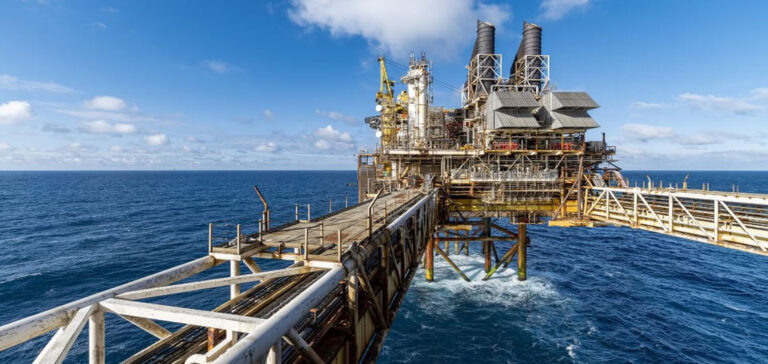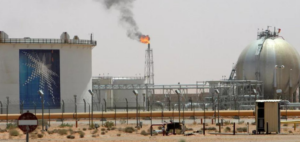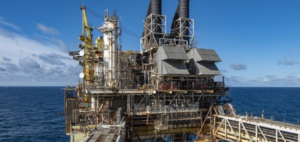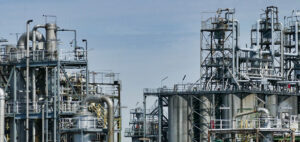BP recently announced that the Seagull project, originally scheduled to begin production in the second quarter of 2023, is experiencing a delay in start-up. The Seagull project is a subsea link designed to produce 50,000 barrels of oil equivalent per day, comprising oil and gas.
Project Technical Details
At present, production has begun with only the first well operational, while two other planned wells are still being drilled. This production will then be transported via the Forties system, with crude oil loaded at Hound Point or delivered to the Grangemouth refinery. The gas will be sent to Teesside via the central zone transmission system.
The Importance of Forties Brut
The Seagull project is of great importance to the UK oil industry, as Forties crude, collected from multiple fields off the east coast of Scotland, remains a mainstay of the country’s oil production. It is also a key component of the Platts Dated Brent benchmark, used to set oil prices worldwide.
Political Context and Industry Challenges
BP, which holds a 50% interest in the Seagull license area, is collaborating with Neptune Energy (35%) and Japex of Japan (15%) on this project. Note that Neptune Energy is currently being acquired by Eni from Italy, with the significant Norwegian portion going to Eni’s Norwegian joint venture, Var Energi.
At the same time, BP obtained regulatory approval in September for another ETAP link called Murlach, due to be operational in 2025. Murlach is slightly smaller than Seagull, with 30 million barrels of oil equivalent in reserves.
Doris Reiter, BP’s Senior Vice President for the North Sea, emphasized the importance of efficiently developing projects using existing infrastructure. She said, “BP has operated safely in the North Sea for nearly 60 years, providing a reliable flow of energy, supporting thousands of jobs and a world-class supply chain. We plan to continue to do this by investing in our existing oil and gas infrastructure, such as at ETAP.”
The decision to delay the start-up of the Seagull project comes at a time when the British government is seeking to strengthen the country’s energy security. However, the oil and gas industry has faced challenges, including tax hikes and environmental concerns.






















